Back in 1981, when 19-year-old Mark Brown was chosen as a bassist for Prince’s then-unnamed band, he didn’t know that he was stepping into musical history. But that’s what the Revolution was launched into as they collaborated with, and played alongside, the future superstar.
“I had heard, before he hired me, that Prince had auditioned almost 400 different bass players,” he reminisced recently by phone. Prince flipped the order of his given name for and Brown Mark is still what he’s known as, even 30-plus years after he, Bobby Z, Matt Fink, Lisa Coleman and Wendy Melvoin went their separate ways when Prince disbanded the group in 1986. “I was like was, ‘Wow, why me?’ I was 19 years old at the time. My mentor later told me that it was probably because I was young and that I would will allow him to mold me. Prince recognized that I came in there holding my own…..all he had to do was tweak [my style] a little bit. And I think he did that to all of us.”
When Prince passed away unexpectedly in 2016, few felt the loss as keenly as his original, and most famous, band; amid mourning him, all of the remaining members of The Revolution decided to, with their one-time leader in mind, reunite and share the music with their heartbroken fans. What many once took as a nostalgia run has, instead, become a critically-acclaimed must-see live event.
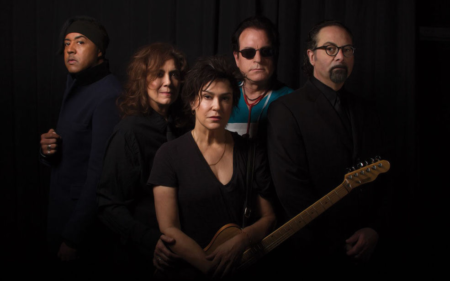 Before he and The Revolution arrived in Dallas for a June 14 concert at The House of Blues, Brown Mark revealed what is so special about the award-winning collective, Prince’s bittersweet plans for The Revolution and the one thing that network producers of recent televised tributes—-including the Grammys—-failed to comprehend……
Before he and The Revolution arrived in Dallas for a June 14 concert at The House of Blues, Brown Mark revealed what is so special about the award-winning collective, Prince’s bittersweet plans for The Revolution and the one thing that network producers of recent televised tributes—-including the Grammys—-failed to comprehend……
MELODY CHARLES: First of all, I wanted to give condolences for the loss of your mentor and friend. As much as we fans were devastated, I know that for you all, it must have felt 100x worse.
BROWN MARK: “Thank you. It hit all of us just like it hit you, maybe a little deeper because we had that personal relationship with him. Who can expect something like that? [That news] was the last thing you think would hit you during the day as you woke up. It was kind of like, to me, how I felt with the Twin Towers went down. A very similar and surreal situation, like…. ‘wait a minute. It’s just not right.’”
MC: What are some of the qualities that you remember the most about Prince?
BM: “There is something different about Prince’s brain, he was a genius. He operated on a different level. As the years went on and I left the Revolution for my own career, I had success with bands that I formed and was pretty good at it, but I realized at that point how Prince’s mind operated on a different wavelength than ours (laughs). He could do overnight what would literally take me months to do.”
MC: Was he really as much of a perfectionist as people say?
BM: “If you didn’t bring it, the next time you showed up to rehearsal someone else would have your instrument (chuckling). That never happened within the Revolution, but it did happen with some of the other groups Prince put together. He would call you out in a minute!”
MC: I honestly believe that when he passed, the world lost one of entertainment’s last remaining virtuosos. I feel blessed to have experienced him live and to have grown up listening to him and enjoying his gifts.
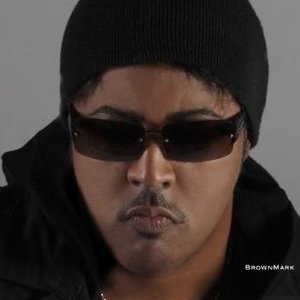 BM: “MJ and Prince were the last. I look at people like Drake, Pharrell, some of the newer talent out there now, and it’s just not the same. They’re good, but they don’t understand the process of superstardom and what all is entailed to go down in history. That takes a certain mindset, and Prince actually gave every moment to his art and into creating his brand. Music was just a part of it and by the time I met him, he was bent on being a superstar. Prince accomplished that goal, but the sad part about it is that with that type of accomplishment, there comes a lot of isolation and a lot of loneliness. I think he struggled with that, especially toward the end.”
BM: “MJ and Prince were the last. I look at people like Drake, Pharrell, some of the newer talent out there now, and it’s just not the same. They’re good, but they don’t understand the process of superstardom and what all is entailed to go down in history. That takes a certain mindset, and Prince actually gave every moment to his art and into creating his brand. Music was just a part of it and by the time I met him, he was bent on being a superstar. Prince accomplished that goal, but the sad part about it is that with that type of accomplishment, there comes a lot of isolation and a lot of loneliness. I think he struggled with that, especially toward the end.”
MC: Were you ever aware of the pain issues he was experiencing or…..
BM: “I knew something was different, but he never came out and said, “Mark, I’m hurting.” With me, if I’m hurting, I’ll the first one to say, ‘Hey Man, I gotta sit down over here, my leg hurts.” But Prince never did that. He never let you see him sweat. And that amazed me about him.”
MC: As a fan, I can tell you that Prince’s other collectives, like Third Eye Girl, NPG, etc., were proficient, but you all were personally responsible for creating ‘the Minneapolis Sound’ that has inspired so many other performers and rewarded us fans so much.
BM: “Thank you. It makes me feel happy that I contributed to someone’s life in a positive way, you know? I’ve been a giver my entire life, my mother raised me that way. That’s where my happiness comes from…..I would give the shirt off my back. So, musically, when I realized I had a gift, the first thing I wanted to do was give it away. It’s a happy feeling.
As for us [The Revolution], I can’t really explain the magic except to say Prince hand-picked five different personalities that gelled together so well, we all know our place and our space [as musicians]. We’re a real band that understands what each other is thinking way before any of us even play a note. It’s something so powerful, and when we play…..there’s an energy I know Prince recognized, because he had spoken to us recently on several different occasions about bringing this thing back . Throughout the years, he had never been able to find, or recreate it, anywhere else. Believe me, he tried…..I mean, Prince brought me back out several times to be in different groups, because he was trying to bring that same energy back that he had with us and he just couldn’t do it.”
MC: See, everyone who’s listened to you all since the jump knows that. Why weren’t you doing any of the televised tributes that happened after Prince passed?
BM: Actually, [the networks] didn’t call us. As far as these tributes went, I don’t have comment. But with that being said, I don’t understand how the producers were thinking, the executives who were calling the shots, I mean. I actually like what Bruno did [at the Grammys], I just thought it should have been with us [accompanying him]. That would have been a full representation of what we’re doing right now. We are the original, we are the only, we sound exactly like what others were trying to portray, we just don’t have our leader [anymore]. With the Revolution backing it up, it’s real. I think that’s where the disconnect was, these producers not realizing our contributions.
As far as the BET Awards, Sheila E called us to accompany her on the song “America,” and our first thought was, ‘we created America together.’ I was there when we wrote the song, so why would we come play as back-up for you? That’s my bassline! (laughs)”
MC: I’ve heard that you’ve had a variety of special guests playing alongside you at shows, can you reveal what fans can expect? What has it been like to play together again after all these years?
BM: I can’t give it away, but when we come to Dallas, you will be very very pleased. And when we come together, there is a magic that happens. Our show, when you see it, hear it and feel it, is so reminiscent to how it was that it can be hard for us to even get through certain songs. It’s so powerful, I can’t even explain it to you. Fans walk in not knowing what to expect, and they walk out blown away. What most people are saying is, ‘we cried, we laughed, we danced, it was the best concert we have ever seen.’ That’s what we want to leave people with, we want them to get through all of the different emotions of grieving and walk away relieved and happy that there is still a group that can give them that feeling as when Prince was here. We can bring back what we did because we are the sound.”
MC: We are so grateful for you bring that back to us Mark, thank you all for your willingness and your dedication to helping to keep the essence of Prince’s best-known music alive.
BM: “We all really appreciate that, thank you so much. This is our way of giving you all that love we get back….this is how we’re honoring Prince and this is what he would’ve wanted us to do. We’re sure of it.”
By Melody Charles

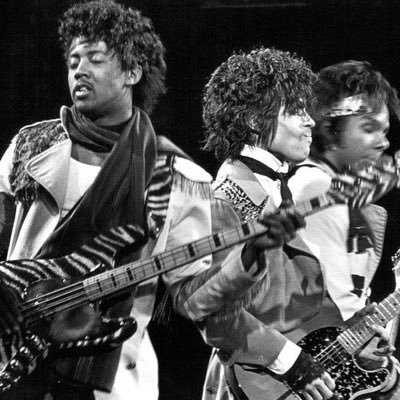
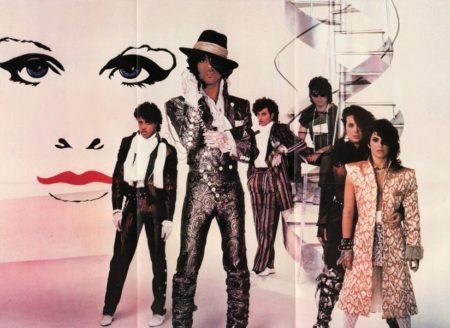
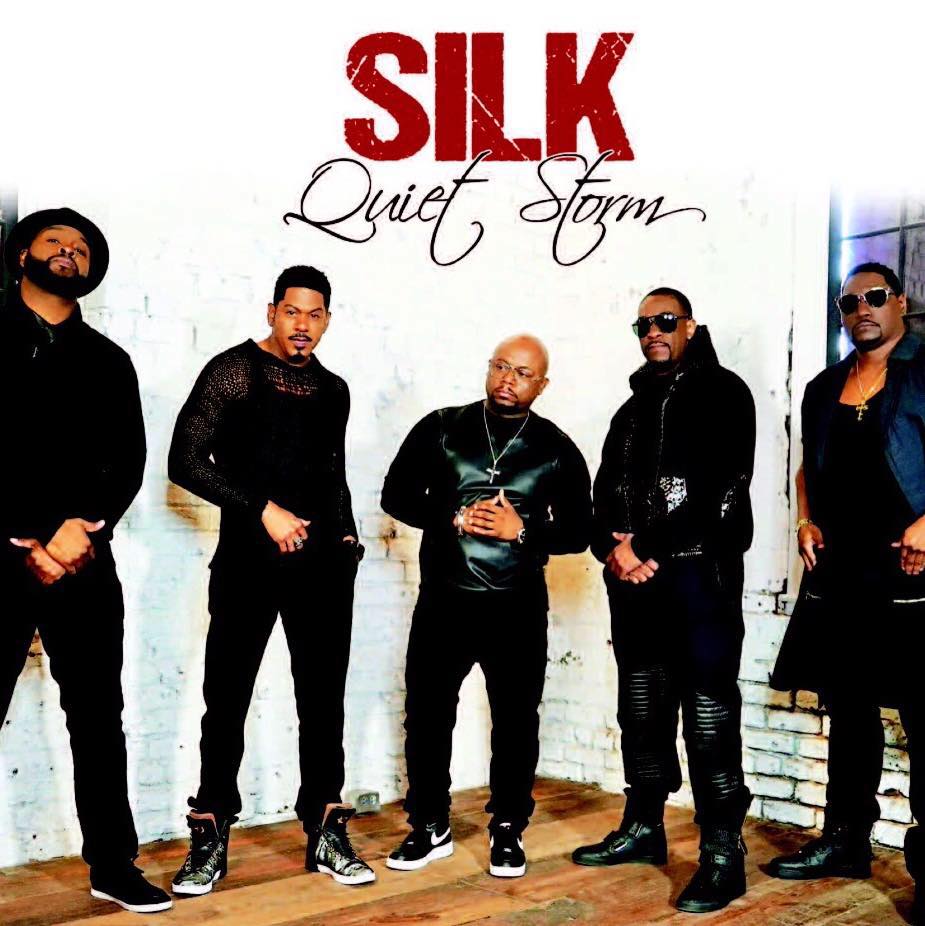
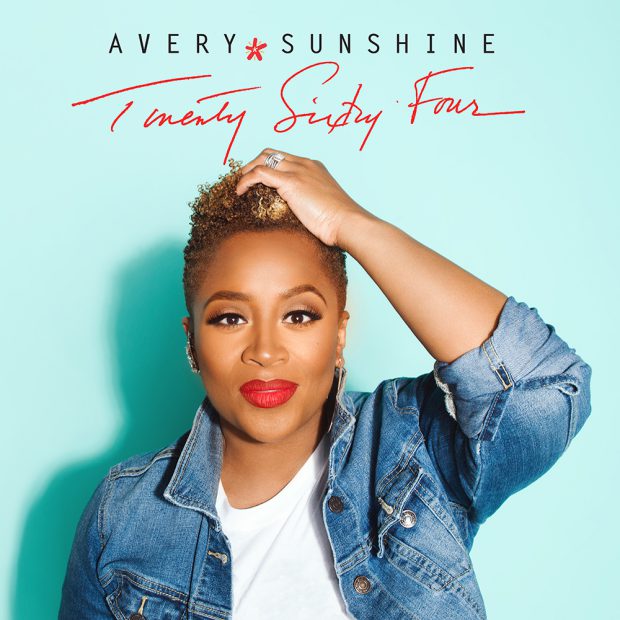
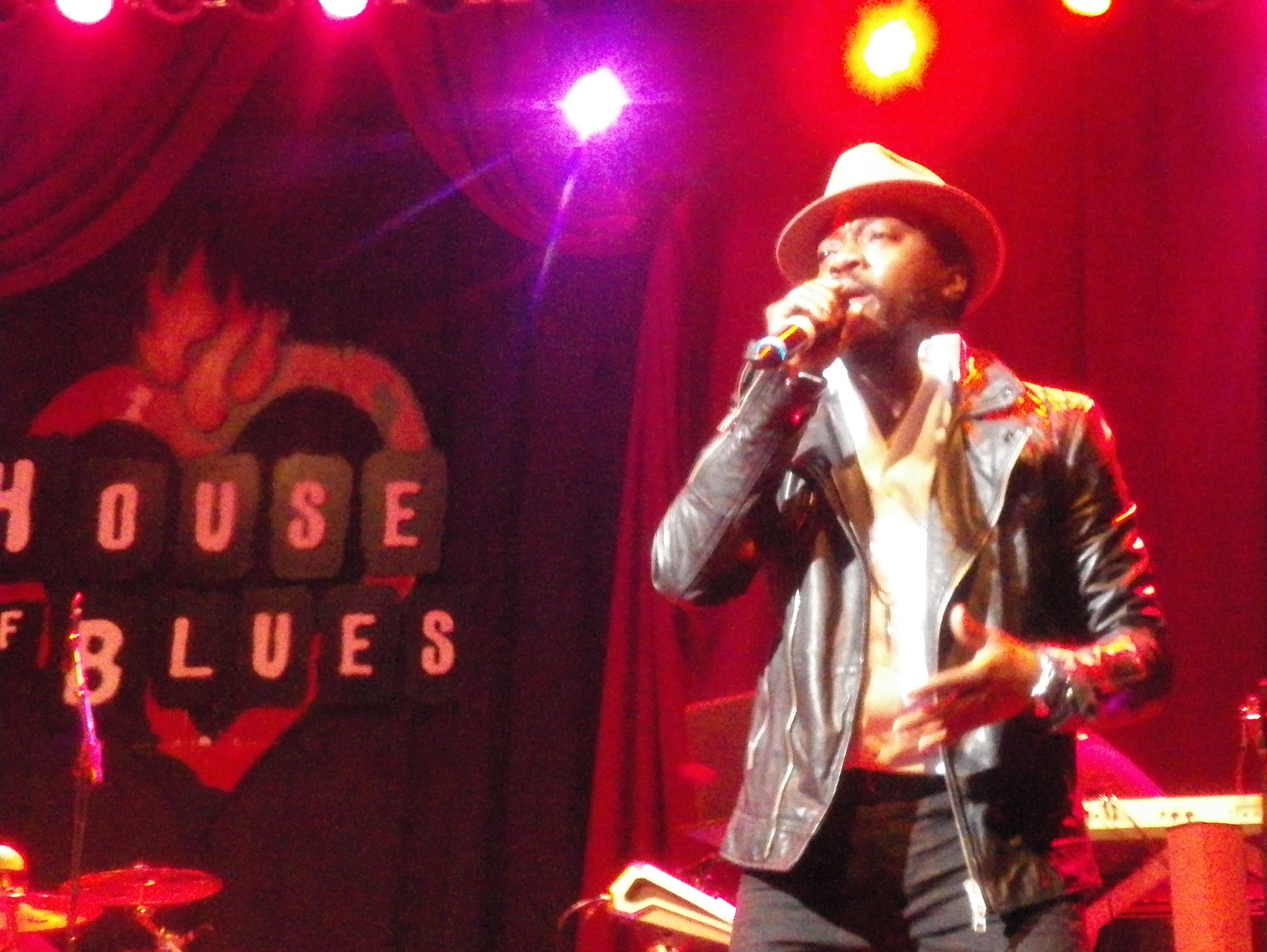
5 Comments
Great piece. 🙂
June 17, 2017 at 9:45 amHi, Lorrie. I met you at the DFW Writers Conference and signed up for your blog. I love it. I want to recommend a book I recently came across. It’s THERE’S MORE THAN ONE COLOR IN THE PEW by Tony Mathews. It’s a great book by a man, a minister, who has grown kids. I think he was once a on a professional ball team. Not sure. Anyway, it’s a great book. I hope you check it out.
Smiles to you. Carol Craver
June 13, 2017 at 5:29 pmHi again Carol!
Thanks for the book recommendation I will have to look that up or see if it’s in our nearby library. Glad to have you as a follower and whenever your blog is ready I will return the favor. Keep reading and keep writing! 😀
June 14, 2017 at 8:30 amThank you so much for the nice reply, Lorrie. I’ll send you THERE’S MORE THAN ONE COLOR IN THE PEW. I don’t know the author, Tony Mathews, personally. Met him at the carwash (haha) and we had a lively chat. He’s black, I’m so white I glow, my daughter-in-law’s Latino, with beautiful almond skin. My grandson is very dark for Rhode Island, where he lives. Tony and I discussed the experiences common to different skin tones. Ex. I’m afraid people resent me for being white now that our president says such stupid things. What a world what a world. Glad you blog!
Carol
June 14, 2017 at 11:14 amLooking forward to the book Carol, and I do agree that there are issues and dilemmas that can be brought on by society not accepting others: it’s called ‘colorism’ and if you want to find research on it you can log the word in the search box and the stories will pop up. Happy Friday and please keep reading!
June 16, 2017 at 7:17 pm